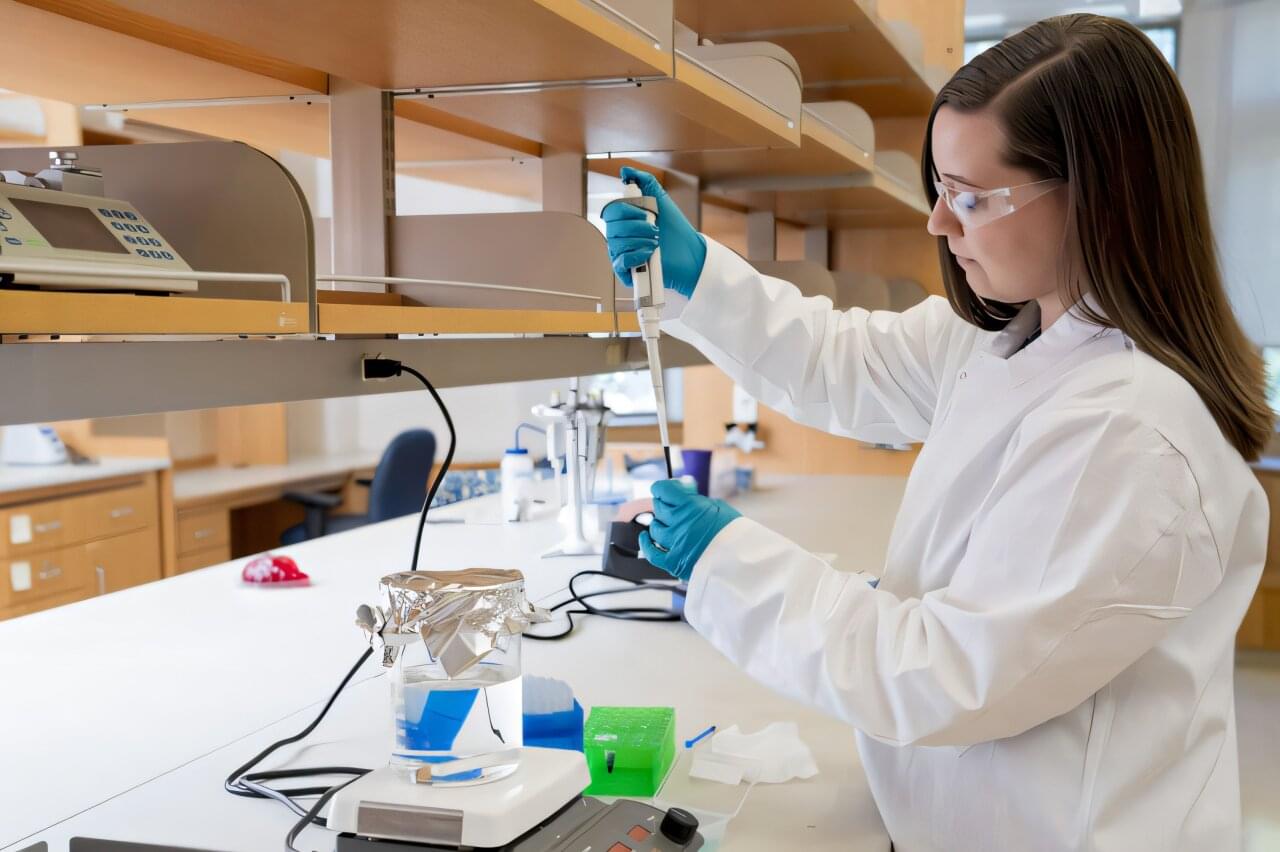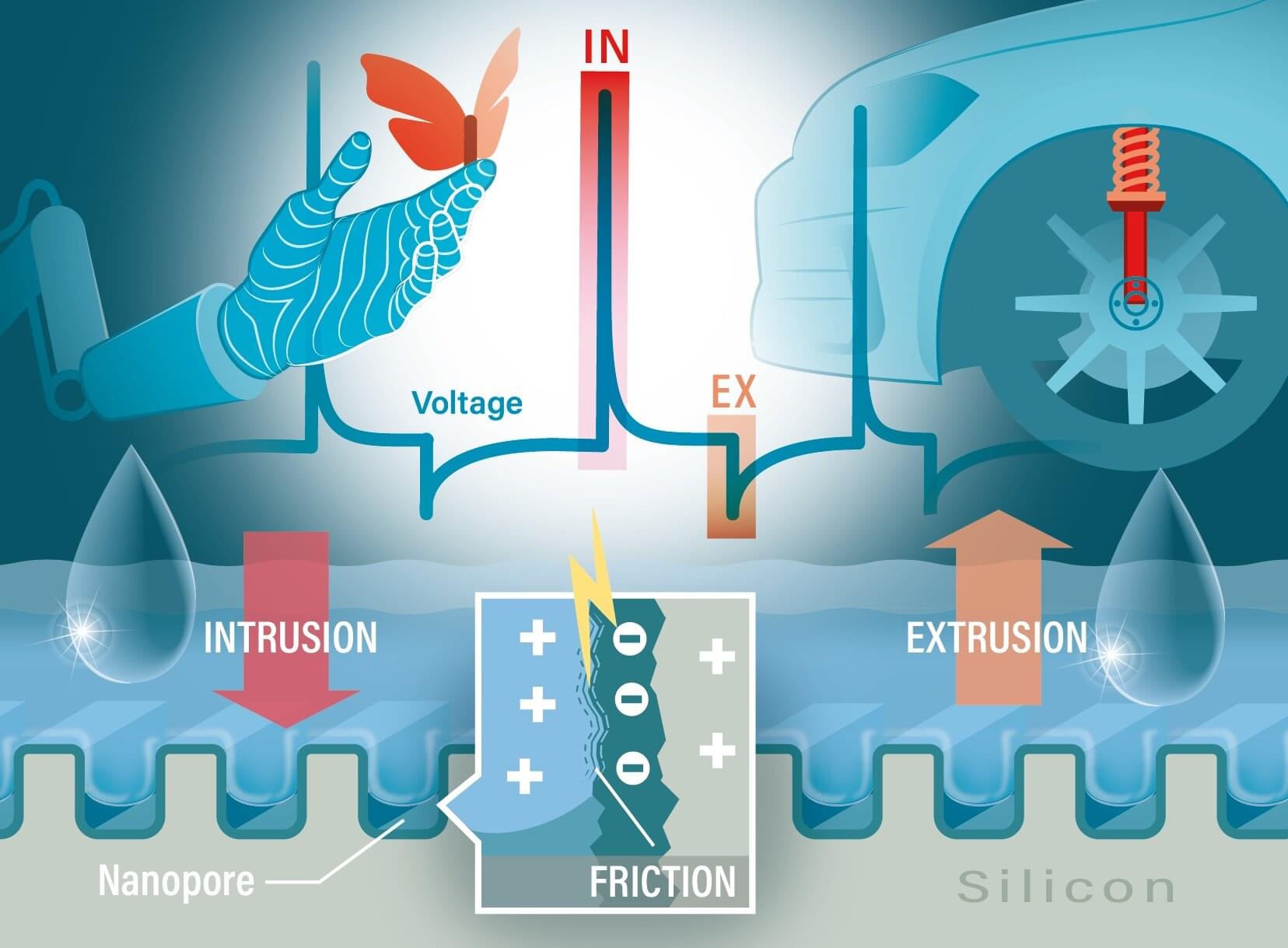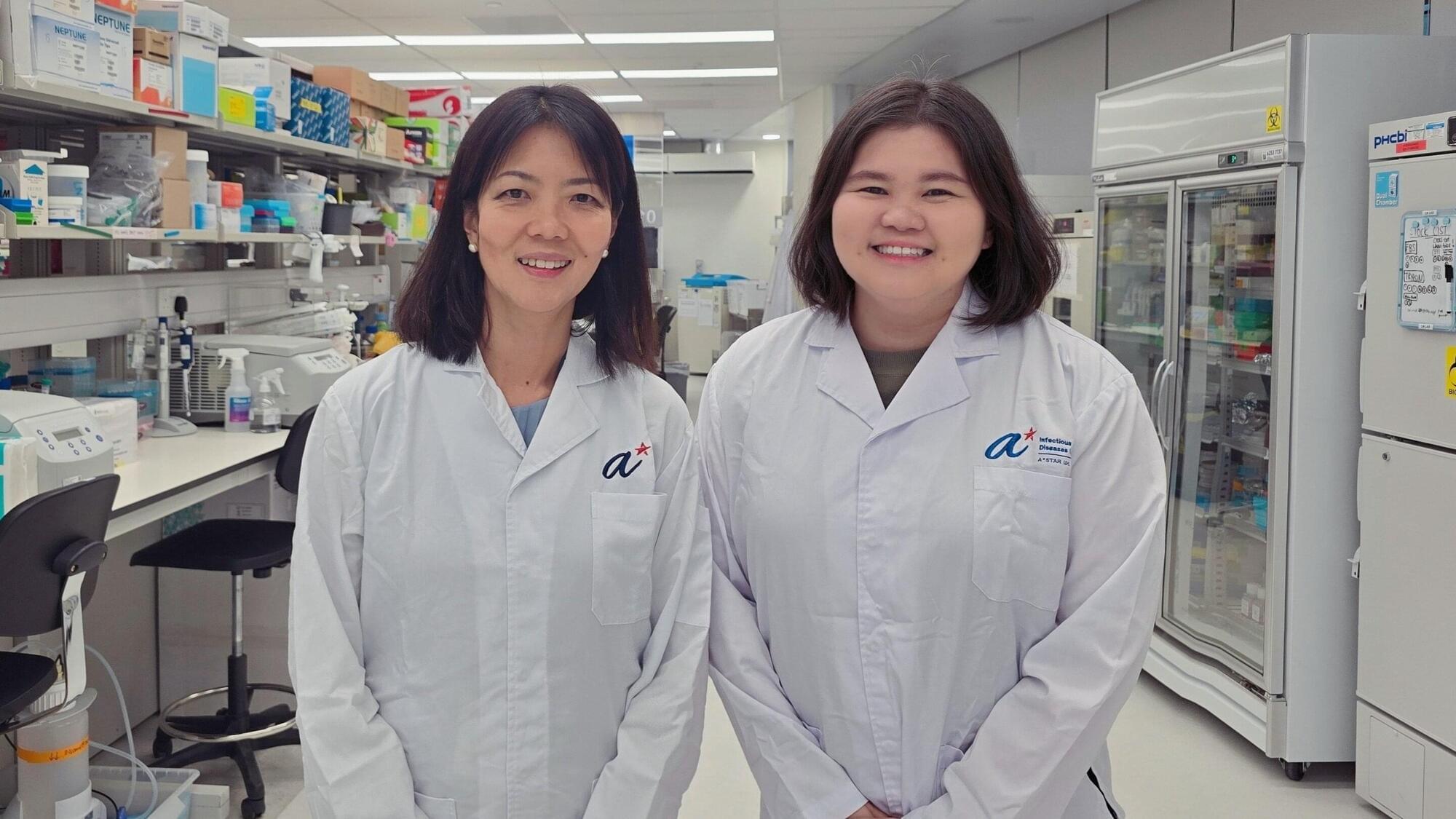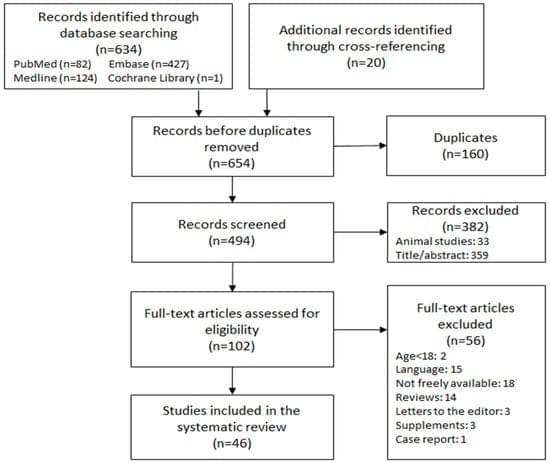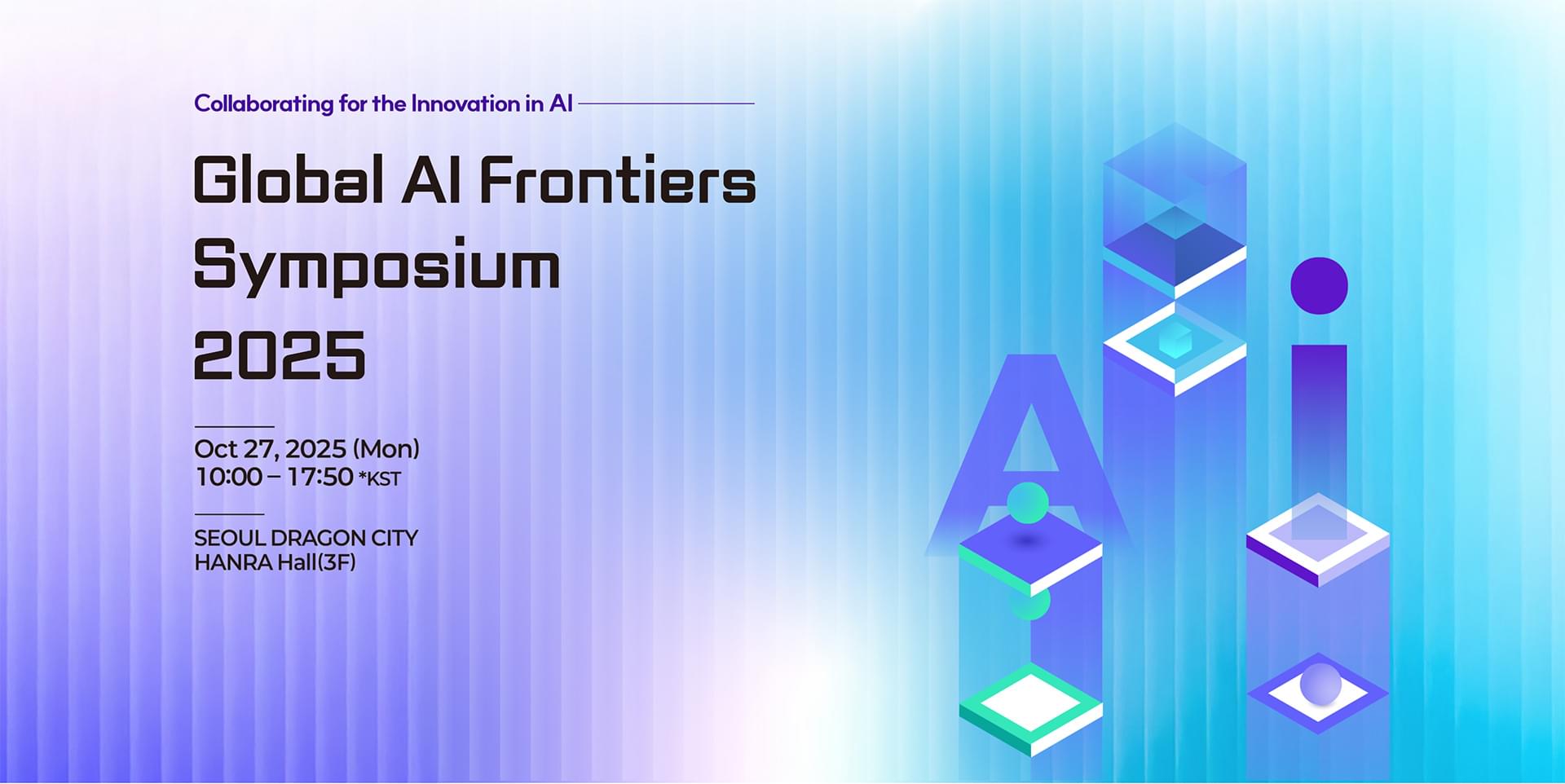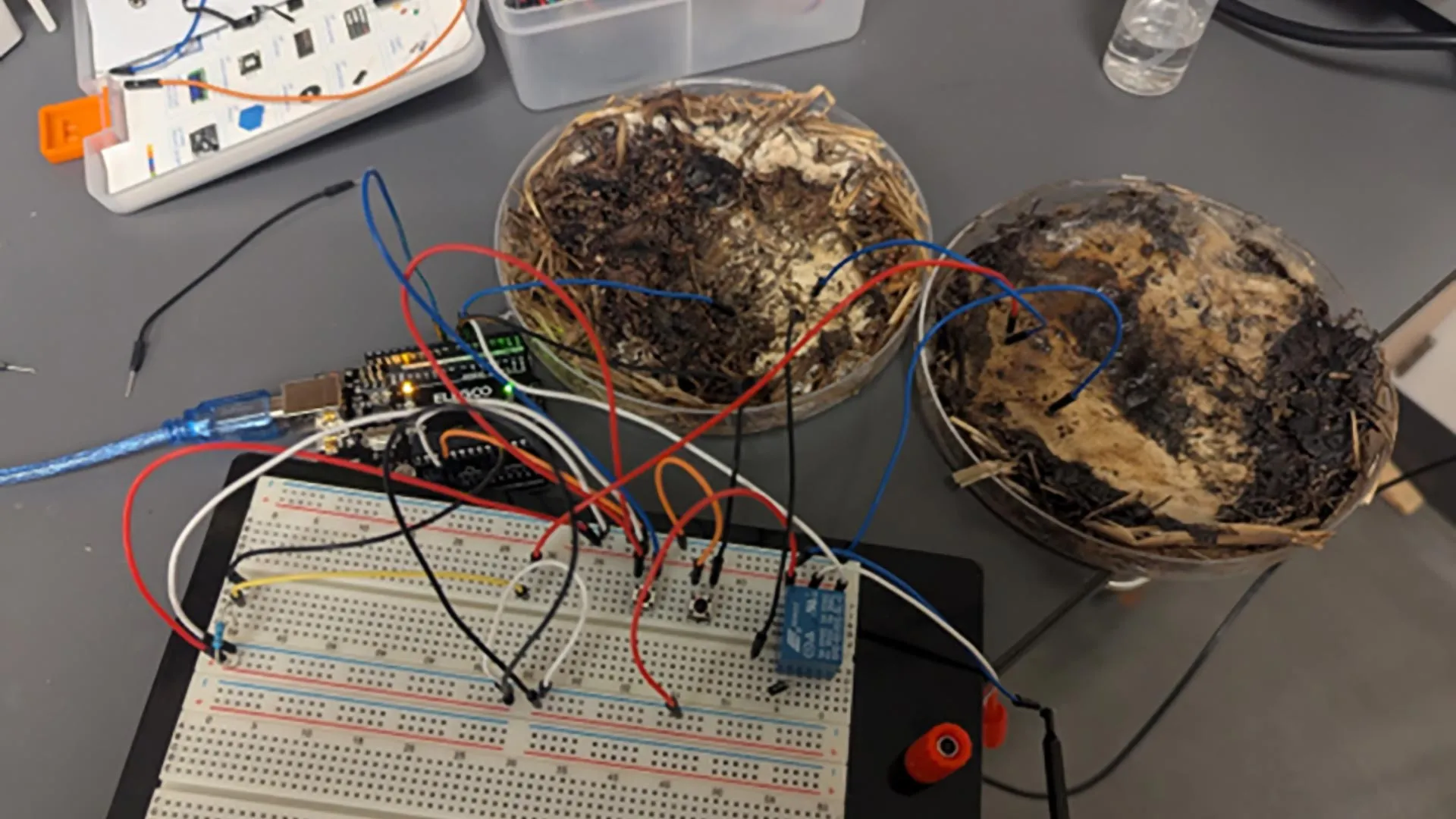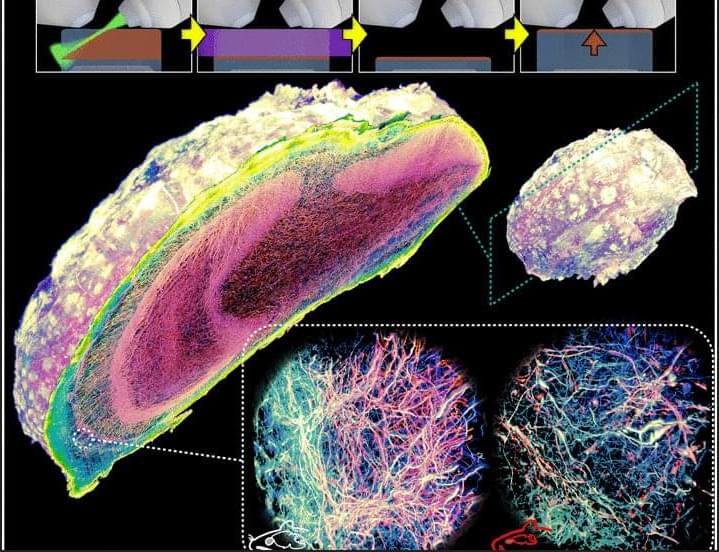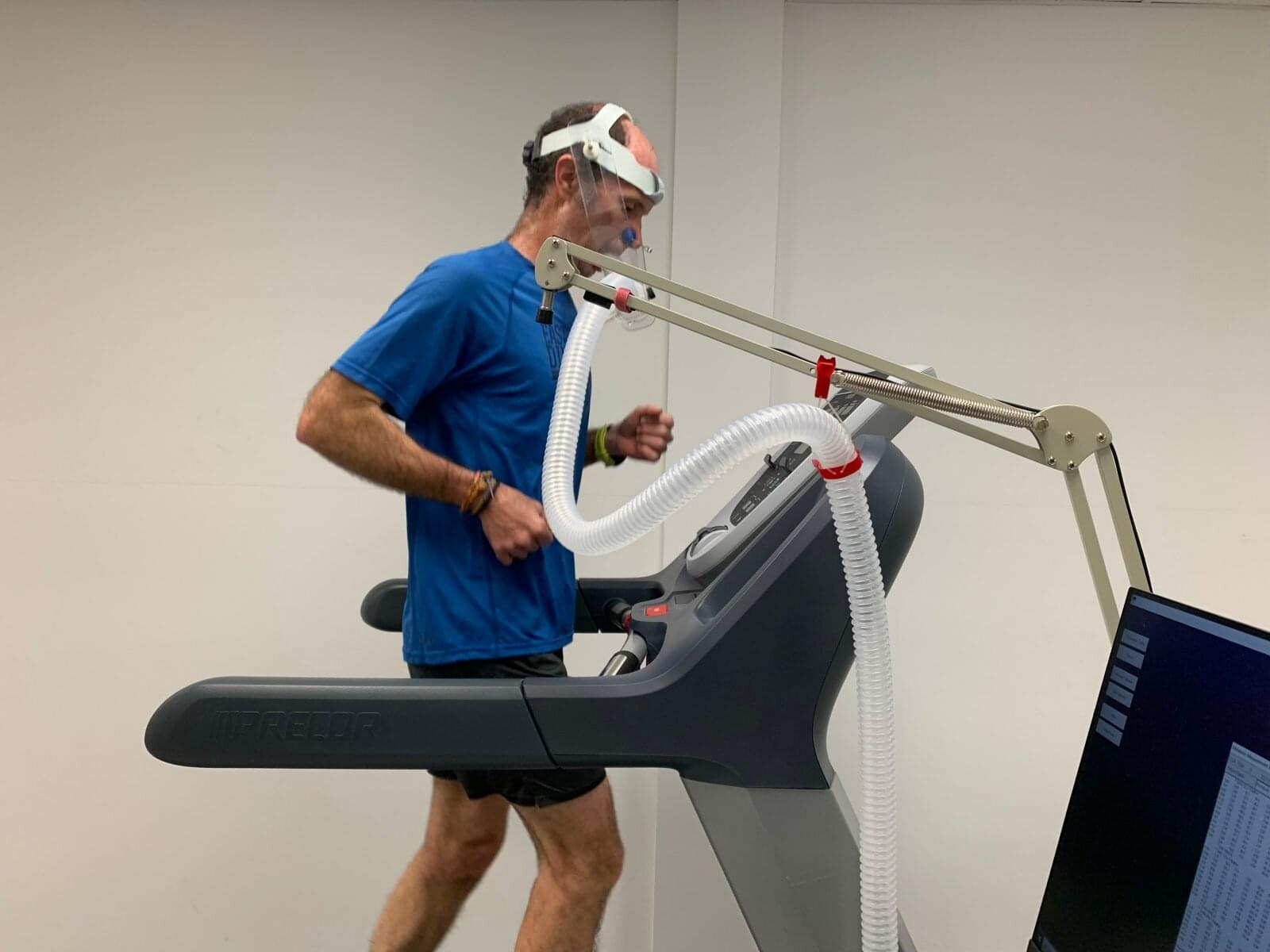Like humans, artificial intelligence learns by trial and error, but traditionally, it requires humans to set the ball rolling by designing the algorithms and rules that govern the learning process. However, as AI technology advances, machines are increasingly doing things themselves. An example is a new AI system developed by researchers that invented its own way to learn, resulting in an algorithm that outperformed human-designed algorithms on a series of complex tasks.
For decades, human engineers have designed the algorithms that agents use to learn, especially reinforcement learning (RL), where an AI learns by receiving rewards for successful actions. While learning comes naturally to humans and animals, thanks to millions of years of evolution, it has to be explicitly taught to AI. This process is often slow and laborious and is ultimately limited by human intuition.
Taking their cue from evolution, which is a random trial and error process, the researchers created a large digital population of AI agents. These agents tried to solve numerous tasks in many different, complex environments using a particular learning rule.

